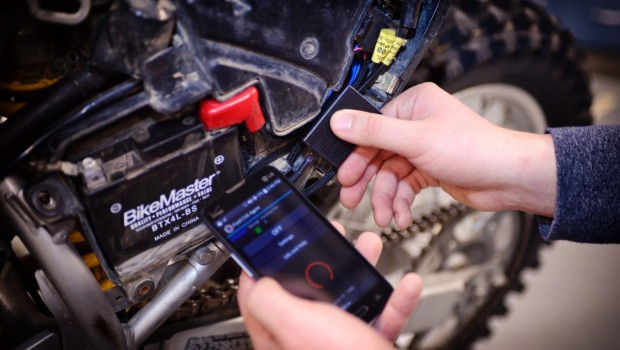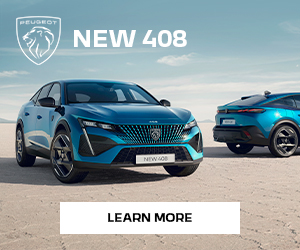Ford is using their sensors to study motorbike mobility in Gambia
Ford is expanding its use of sensor technology to motorcycles, helping researchers and programmers better understand how cars, bikes and other modes of transportation together can create new mobility solutions and make people’s lives better – including improving healthcare in rural West Africa. Ford’s open-source hardware and software kit provides real-time access to vehicle data, such as sensors, GPS receiver and vehicle speed. Ford has been using OpenXC to support some of its Ford Smart Mobility experiments for more than a year.
The company is gathering and analyzing vehicle data collected by OpenXC as part of Ford Smart Mobility, its plan to take connectivity, mobility, autonomous vehicles, the customer experience, and data and analytics to the next level. The broad insights learned from vehicle data, including how people drive and use their cars, first inspired Ford researchers to create a sensor kit for bicycles to collect additional data. Now, the company is rolling out the new sensor kit to motorcycles helping Riders for Health. The medical services group collects GPS data and mapping coordinates to reach people who need medical care – vaccines, medications and live-saving hospital care – in rural West Africa.
Ford helped Riders for Health improve its maintenance systems and vehicle fleet logistics, equipping Ford Ranger pickups with OpenXC technology. This allows Riders for Health to track stops, timing and routes for their work in The Gambia. The data collected also is being used to create maps of remote regions – a first.
After learning more than half of the group’s fleet of service vehicles are motorcycles that cannot capture the right level of data, Ford created a new sensor kit that will be upfitted on 50 motorcycles early next year. Longer-term lessons and applications from this project could be used to help ambulance and emergency services providers improve efficiency across the world, including in rural areas.\


















